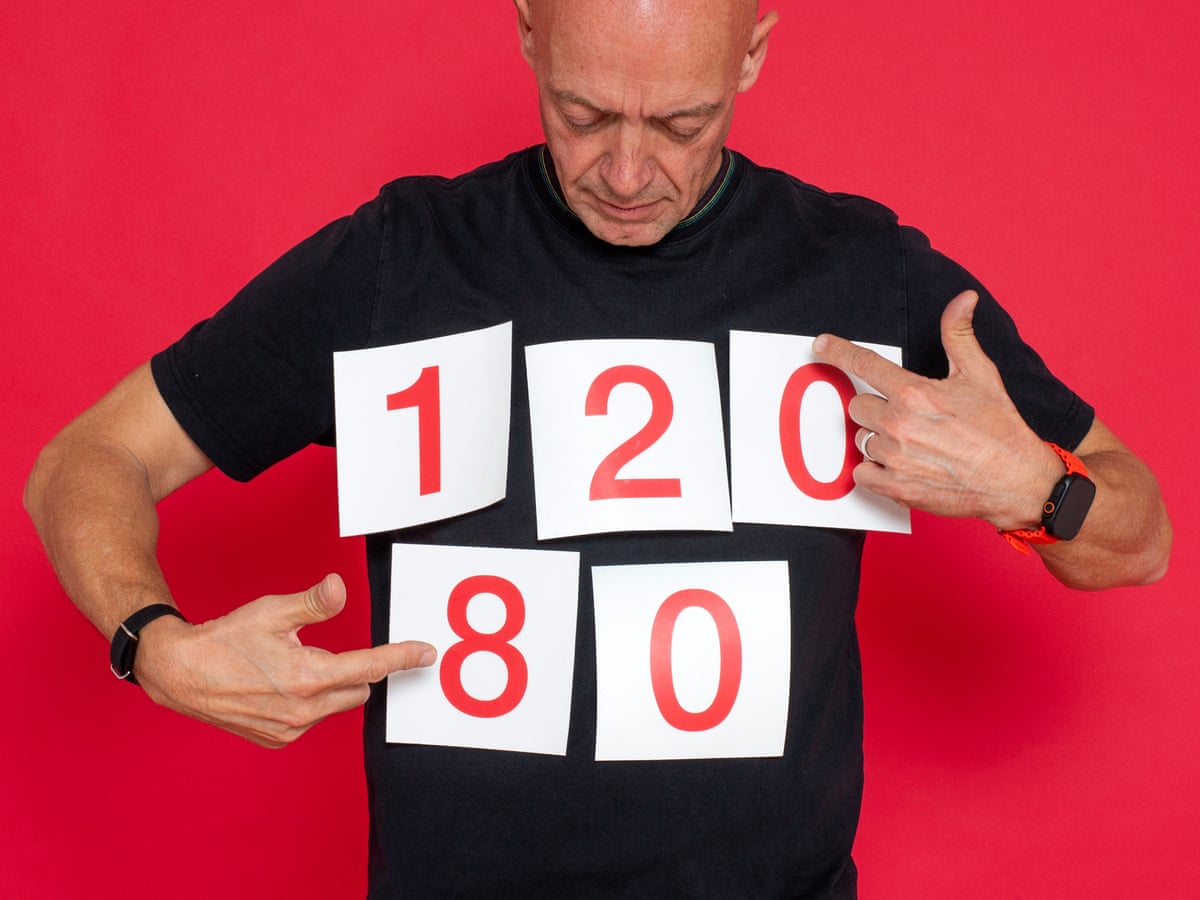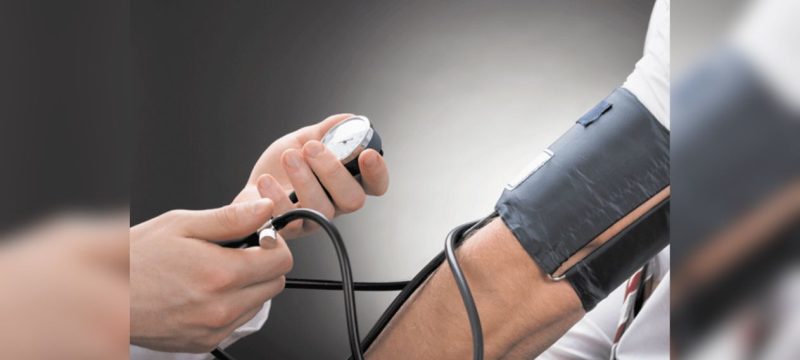High Blood Pressure — often described as the silent killer — is one of the most common yet dangerously overlooked health conditions worldwide. Despite affecting nearly 1.4 billion adults, according to the World Health Organization (WHO), over 600 million people are still undiagnosed or untreated.
Health experts warn that High Blood Pressure (HBP) quietly damages the arteries and vital organs over time, increasing the risk of heart attack, stroke, kidney failure, and even dementia. The condition rarely shows symptoms in its early stages, making regular monitoring essential for prevention and control.
In a recent feature, journalist Phil Daoust shared his personal experience with hypertension. Though he lived a relatively active lifestyle, he discovered that his blood pressure levels had been elevated for years without realizing it. “Unless you measure it, you may never know,” he said — a truth that resonates with millions of adults worldwide.
Medical professionals explain that blood pressure is measured using two numbers — systolic (pressure when the heart contracts) and diastolic (pressure when it relaxes). A healthy reading is usually around 120/80 mmHg. Readings consistently above 135/85 mmHg indicate early hypertension, while anything beyond 180/120 mmHg is considered a medical emergency known as a hypertensive crisis.

Even small lifestyle factors can dramatically affect these readings. Stress, caffeine, alcohol, and poor sleep can all cause temporary spikes, while long-term habits like a high-salt diet or lack of physical activity contribute to chronic hypertension.
Dr. Sam Rodgers, a preventive health specialist, highlights the role of salt reduction: “If you’ve got a high intake of salt and you reduce it, you can achieve a 5mmHg to 10mmHg drop in blood pressure.” The recommended daily salt intake for adults is no more than 6 grams — roughly one teaspoon — including hidden salt found in processed foods.
Experts also emphasize stress management as a critical component of treatment. “Modern life keeps our bodies stuck in fight-or-flight mode,” says Dr. Sabine Donnai, founder of Viavi Health Clinic in London. “Even in the evening, many people fail to switch off. Over time, this constant tension keeps blood pressure high.”
To counter this, doctors recommend meditation, yoga, breathwork, and regular exercise. Recent studies also point to the benefits of isometric exercises, such as wall squats and planks, which can significantly lower both systolic and diastolic readings.
Daoust, who now tracks his blood pressure daily using smart devices, discovered how readings fluctuate throughout the day — often higher during stress and lower after rest. His data-driven approach helped him adjust his routine, combining light exercise, better sleep, and mindful relaxation to maintain healthy levels.
The takeaway from experts is simple yet powerful: check your blood pressure regularly, understand your numbers, and act early. With small but consistent lifestyle changes, High Blood Pressure can be controlled — and lives can be saved.
In other news also read about BF Biosciences Launches Zeptide Using IPO Proceeds to Tackle Diabetes in Pakistan









